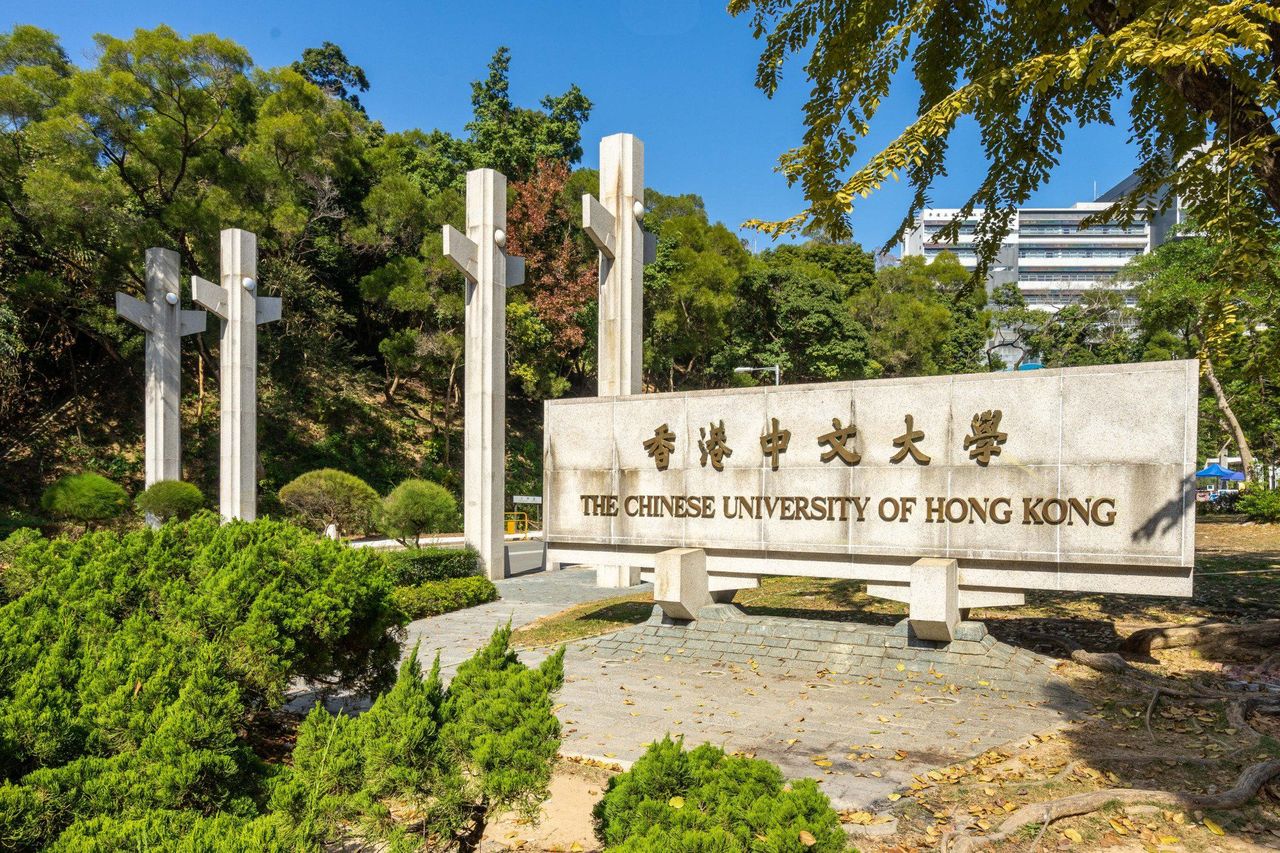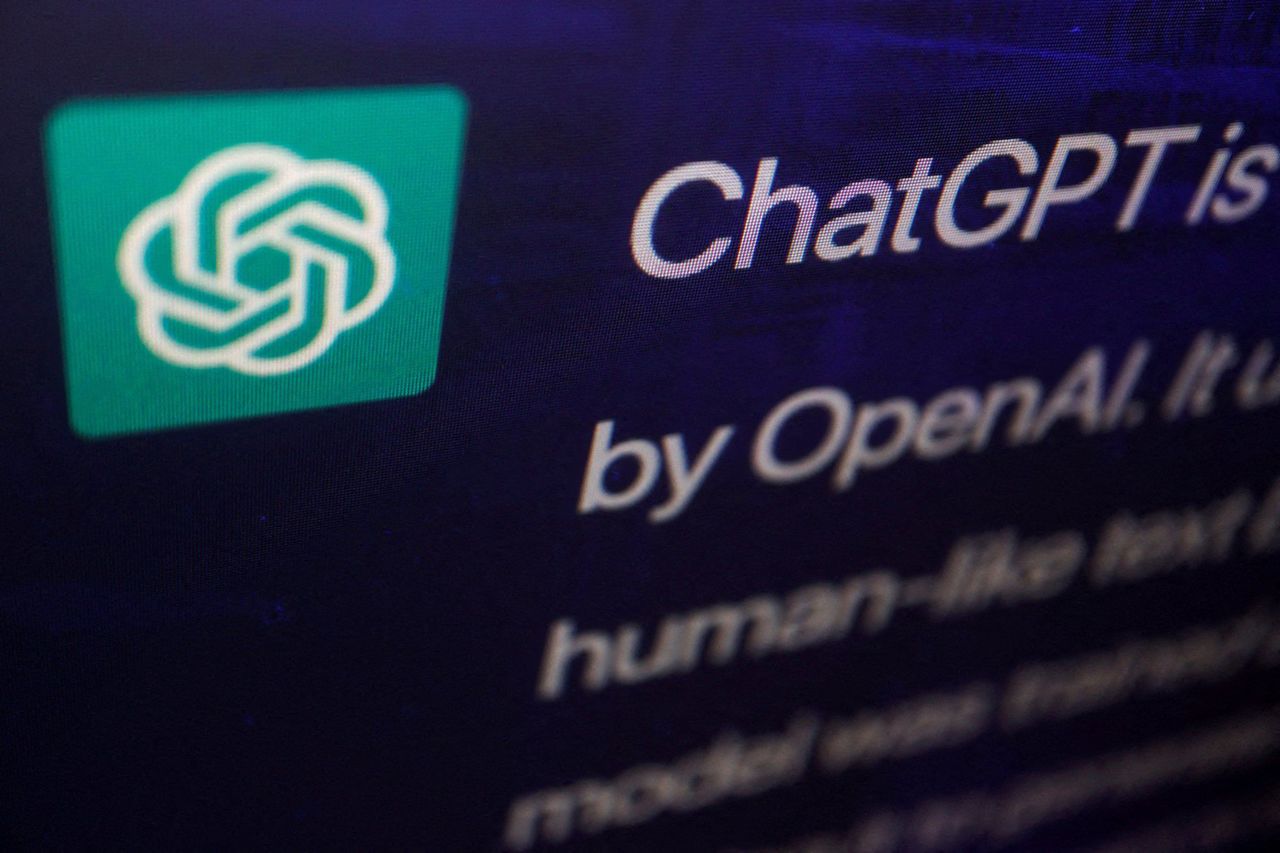Hong Kong News

ChatGPT, AI tools could get students expelled from Chinese University of Hong Kong
Students at the Chinese University of Hong Kong may be expelled if they are found to have used artificial intelligence (AI) tools, including ChatGPT, improperly or without authorisation in their work, according to new guidelines released by the institution.
The university said it would devise measures to detect whether students had used AI tools in their work and improve its existing plagiarism detection software.
The city’s second-oldest university last week released a guide for using AI tools in teaching, learning and undergoing assessments with the aim of optimising the use of the technology in education. In a reply to media inquiries on March 2, it said students would need permission from tutors before using ChatGPT, a powerful AI conversational bot, for assignments.
 The city’s second-oldest university last week released a guide for using AI tools in teaching, learning and assessments.
The city’s second-oldest university last week released a guide for using AI tools in teaching, learning and assessments.
“AI is a double-edged sword; we should use but not abuse it, use it as a research but not cheating tool, and most importantly, use AI to think with you, but not for you,” the guidelines state.
The institution is one of four universities in the city to outline how it would handle students’ use of powerful AI tools while also upholding principles of academic honesty, after Microsoft-backed OpenAI’s ChatGPT took the world by storm in November.
Fed with vast amounts of data to generate humanlike responses, ChatGPT can converse on a wide range of topics and has become a valuable resource for students and educators alike.
Last month, the University of Hong Kong said it had temporarily banned students from using ChatGPT, or any other AI-based tool for coursework, assessments or classes, with any suspected violations to be treated as plagiarism.
Students at Baptist University were told they would be committing plagiarism if they took words or ideas from other sources, including ChatGPT and other AI technologies. The penalties for plagiarism included reduced grades, course failure, suspension and dismissal.
Hong Kong University of Science and Technology took a softer stance. The institution told students it planned to embrace generative AI tools in the long term, while also stressing the importance of academic integrity. It added that the same policies and regulations that applied to traditional coursework also covered any work where AI has been used.
Though CUHK said it was crucial for teachers and students to embrace the technology, it clarified that “as a general principle, students are expected to complete assignments or assessments on their own without any external assistance.”
The university added it would enhance the VeriGuide system, plagiarism detection software, and develop other appropriate measures to analyse students’ work.
Although students would be banned from using the tools by default, permission could be granted in some situations.
Students who did receive the go-ahead to use it must do so “responsibly and ethically” and be mindful of the limitations in quality of output. Students should fact-check the content created and add the raw output as an appendix in any work, it said.
It also warned students the university would follow its protocol for handling cases of academic dishonesty if they were found to have used such a tool which was not permitted in an assignment or assessment. The penalties included a review of assessments, permanent demerits, a failing grade for the course concerned, suspension, a lower degree classification and expulsion.
Graduates who were found to have used the technology inappropriately or without approval would risk having their academic certifications revoked by the university if the misconduct came to light after they had completed their studies.
 The powerful AI tool has taken the world by storm.
The powerful AI tool has taken the world by storm.
The guide explains that the document and policies related to the use of AI in teaching and learning would be regularly reviewed to reflect changes in technology and best practices.
Undergraduate Alex Yip Tsz-chun, who is in the process of reestablishing a new student union at CUHK, said he did not expect the university to resort to imposing the heaviest penalties outlined in its policies as it was rare for students to solely “copy and paste” from AI tools without providing further context.
“I don’t think CUHK students would be so lazy and stupid to copy all of what is generated from the AI tools ... I think students would only use it for searching for some ideas, like using search engines in the past,” he said.











